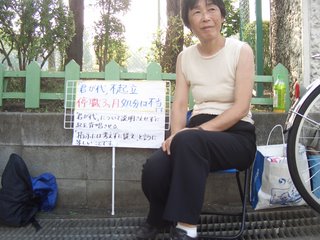Robert Menzies said as prime minister when introducing national security legislation in 1939: "The greatest tragedy that could overcome a country would be for it to fight a successful war in defence of liberty and to lose its own liberty in the process." As the book points out, Menzies ignored his own warning when, after the war, he introduced legislation banning the Communist Party and associations with it, though he was stymied by the High Court and a referendum. The anti-terror laws, argue Lynch and Williams, strongly echo that legislation.
They detail how ASIO's power to detain people is more extensive than that given to similar organisations in Britain, Canada and the US. Only in Australia can non-suspects be held in secret by an intelligence agency. Organisations can be banned not only for planning a terrorist act but for advocating one and people can be jailed for associating with such a body, even though they may disagree with what it says. The authors point out that control orders and preventive detention are a significant departure from accepted legal principles, such as not detaining people without trial or restricting their liberty without a criminal conviction.

 In October 2003, the Tokyo board of education issued a notice ordering public school teachers to stand and sing the anthem at school ceremonies, such as graduations. Teachers who failed to do so would be disciplined.
In October 2003, the Tokyo board of education issued a notice ordering public school teachers to stand and sing the anthem at school ceremonies, such as graduations. Teachers who failed to do so would be disciplined.